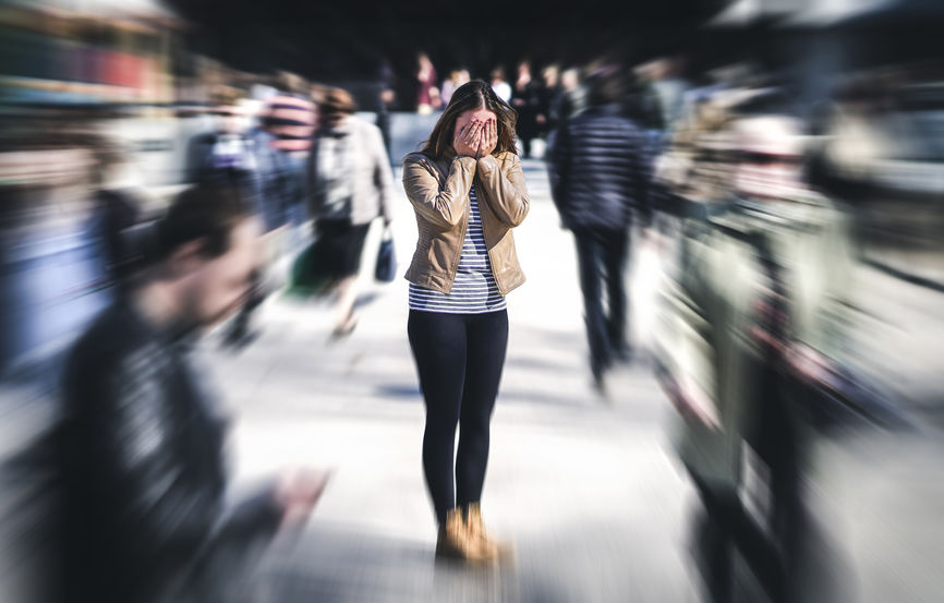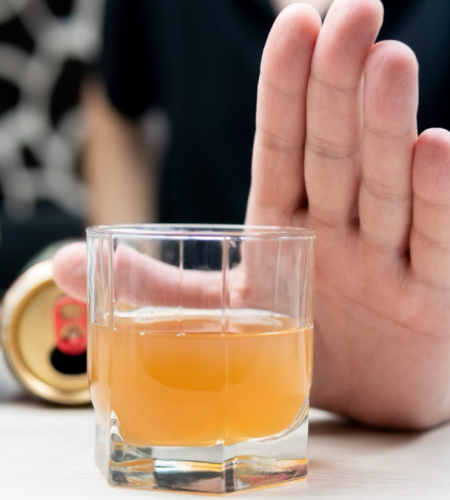Alcohol addiction is a widespread problem that millions of people face globally. Many people look for alternative therapies because traditional treatments don’t work sometimes. One such approach that has received attention to treat alcohol addiction is the use of magic mushrooms, particularly psilocybin.
Psilocybin is a compound found in some mushrooms that causes vivid hallucinations. In fact, the first contemporary controlled trial of psilocybin for alcohol addiction was published in the JAMA Psychiatry.
Understanding Alcohol Addiction
Alcoholism is a chronic disease known as an inability to manage alcohol consumption regardless of negative effects. According to statistics, millions of people suffer from the disorder, which has serious physical, social, and economic consequences. Current treatments, such as behavioral therapies and pharmaceuticals, frequently have low success rates, confirming the critical need for fresh ideas.
Moreover, alcoholism is often associated with symptoms of depression, and it is difficult to determine whether it is the cause or the consequence. This makes treatment even more complex. Additionally, taking antidepressants is hardly compatible with regular alcohol consumption.
Scientific Research on Psilocybin and Addiction
Recent research has started to reveal psilocybin’s possible advantages in the treatment of addiction. When psilocybin connects to serotonin receptors in the brain, it causes significant alterations in perception, mood, and cognitive function. Studies show that psilocybin can assist in resetting brain networks linked to addiction, offering a fresh approach to rehabilitation. Clinical investigations have shown encouraging outcomes, with patients reporting considerable drops in alcohol intake and cravings.
In the studies published so far, psilocybin shows very clear results. In 2022, a scientific protocol published by JAMA Psychiatry revealed a notable effectiveness of psilocybin lasting 3 to 9 months. Patients who had taken psychedelic mushrooms saw their frequency of consumption reduced by 2.5 times. Also, the quantities consumed daily were reduced by more than fivefold.
The Effect of Psilocybin on Addiction
The full details of how psilocybin works on the human brain are not yet known. However, it is known to put the nervous system in a state where it is easier to reconfigure and adopt new behaviors. Psilocybin alters the levels of neurotransmitters and temporarily deactivates the fear center, the amygdala. These effects may reduce the anxieties that lead to drinking as well as facilitate awareness and decision-making. When followed by therapy or coaching sessions, the effect of psilocybin could help alcoholics understand their addiction, forgive themselves, and regain control over their dependence.
However, it is difficult to estimate the permanence of this effect over time. The impact of psilocybin likely depends on the individual and the therapeutic follow-up engaged after the psychedelic experience.
The Treatment Process
Psilocybin treatment usually involves a well-controlled process. It is administered to patients in a safe, encouraging setting at a predetermined dosage. This is usually under the supervision of licensed therapists. During integration sessions at Tangerine Retreat, patients analyze and interpret what they have seen.
Safety is most important, and any adverse effects like brief anxiety or confusion are always monitored. It’s worth noting that psilocybin is still considered a controlled substance in many nations, and its legal status varies.
Challenges and Criticisms
Psilocybin has a lot of promise, but there are many drawbacks and objections to take into consideration.
For example, psilocybin is not recommended for people suffering from psychiatric disorders such as schizophrenia or paranoia. Similarly, it cannot be used in cases of untreated high blood pressure or kidney failure. These contraindications call for caution and a meticulous selection of patients who may be eligible for such treatment.
Likewise, there are still ethical concerns and medical uncertainty about the safety and efficacy of using psilocybin as a psychoactive substance. In addition, there is the possibility of overuse or dependency, while current research indicates that psilocybin is not addictive.
The Future of Psilocybin in Treating Alcohol Addiction
Psilocybin therapy for alcohol addiction has a bright but unclear future. More information about its effectiveness and safety will be provided in future studies and ongoing research. With the increase in public acceptance and awareness, it is possible for psilocybin to become a commonly used therapy option among patients. Advocacy groups and experts are pressing for legislative reforms to allow for more investigation into this promising medicine.

Treating alcohol addiction may be revolutionized by the use of magic mushrooms, particularly psilocybin. Research findings and reviews indicate that psilocybin may offer a new form of therapy for individuals who are addicted. Thankfully, people can see all the beneficial effects reported.
Taking alcoholism seriously, regardless of the treatments
However, more research is needed to fully understand its potential and solve the problems that come with it. Investigating all of the possibilities, including cutting-edge therapies like psilocybin therapy, is crucial for rehabilitation for those struggling with alcohol addiction. The advancements are therefore very encouraging for people who are already suffering from depression or alcohol addiction. Nevertheless, these key studies should not lessen the major concern of preventing alcoholism.”

